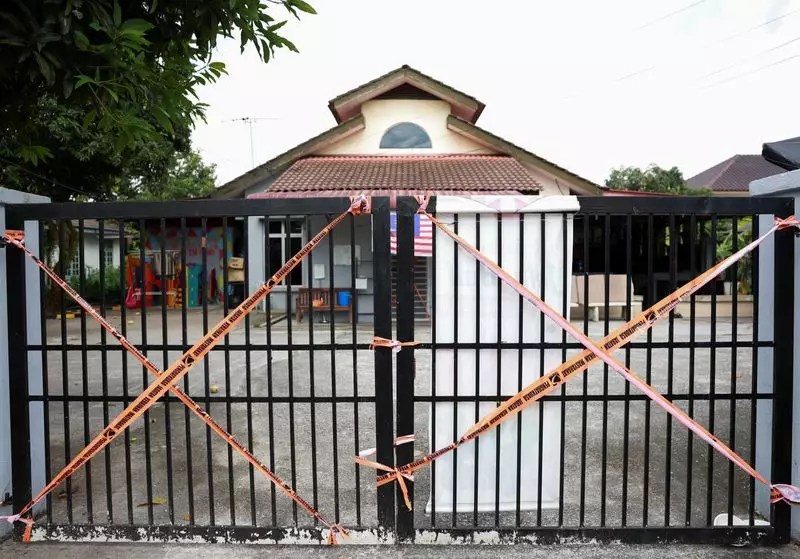Recent events have thrust Global Ikhwan Services and Business Holdings (GISB), a Malaysian conglomerate, back into the spotlight, highlighting a dark side to its operations. Following the rescue of hundreds of children and young adults from charity homes linked to GISB, Malaysian authorities are probing accusations of sexual abuse and exploitation of minors. This disturbing situation raises questions about the company’s foundational beliefs, its connection to a previously outlawed religious sect, and the broader implications of such allegations on societal and legal structures in Malaysia.
The allegations started gaining traction after Islamic leaders demanded investigations into GISB following multiple reports of abuse. What began as a local concern swiftly escalated into a nationwide conversation about the intersection of faith, business, and morality. Notably, the children rescued were primarily from families associated with GISB, illustrating the sect’s deep-rooted influence and the potential for systemic abuse hidden beneath a veneer of legitimacy.
GISB’s controversial background is intertwined with the now-banned Al-Arqam sect. Founded in the late 1960s by Ashaari Muhammad, Al-Arqam flourished in the 1980s but was condemned by Malaysian authorities due to its purported heretical teachings. The sect’s controversial beliefs included claims of supernatural powers held by its leader and a lifestyle that flouted traditional Islamic practices. Ashaari himself faced prison time for his teachings, which have been characterized as deviational by Islamic experts. Despite these controversies, GISB acknowledges its ties to Al-Arqam, specifically naming Ashaari as its founder.
This historical perspective is critical for understanding the current allegations. Although GISB has distanced itself from Al-Arqam’s practices, the core values and teachings that propelled the sect’s growth may still echo within the organization. The current allegations of abuse are eerily reminiscent of the systemic issues faced by other faith-based organizations, where the guise of sanctity can often cloak malfeasance.
In light of recent investigations, public sentiment in Malaysia has rapidly turned against GISB. The police have confirmed ongoing investigations into various allegations beyond just abuse, including potential money laundering activities. However, the immediate priority remains the safety and welfare of the rescued children, many of whom reportedly exhibited signs of emotional trauma and physical abuse.
The revelation of these abuses has spurred calls for greater accountability and regulatory oversight of non-profit organizations, particularly those affiliated with religious teachings. Observations from local figures, such as Abu Hafiz Salleh Hudin from the International Islamic University of Malaysia, indicate that concerns about GISB have persisted for years. This raises an important question about how effectively the Malaysian government and its agencies have been responding to past complaints and reports involving GISB and similar organizations.
Investigating the Broader Implications
The escape of these children and the allegations against GISB serve as a cautionary tale for societies grappling with the implications of mixing faith with commerce. In Malaysia, where religious values play a significant role in everyday life, the thin line between righteous advocacy and exploitation can easily blur. This event not only challenges the credibility of GISB but also raises urgent questions about the protection mechanisms in place for vulnerable populations within these institutions.
Moreover, the aftermath will inevitably involve discussions about the need for regulatory frameworks that can safeguard against such abuses in the future. The recent events shine a spotlight on the underlying dynamics of power, authority, and exploitation within religious organizations, suggesting that greater vigilance and accountability measures are paramount.
The shocking developments surrounding GISB serve as a reminder of the potential for abuse that can occur when faith is interwoven with business interests. The very structure and leadership of organizations like GISB, intertwined with controversial pasts, require rigorous scrutiny to prevent future abuses. Without a commitment to transparency, accountability, and ethical responsibility, the cycle of exploitation may continue unhindered, leaving vulnerable populations exposed and unprotected. As investigations unfold, the need for societal reflection and legal reform has never been more urgent.


Leave a Reply